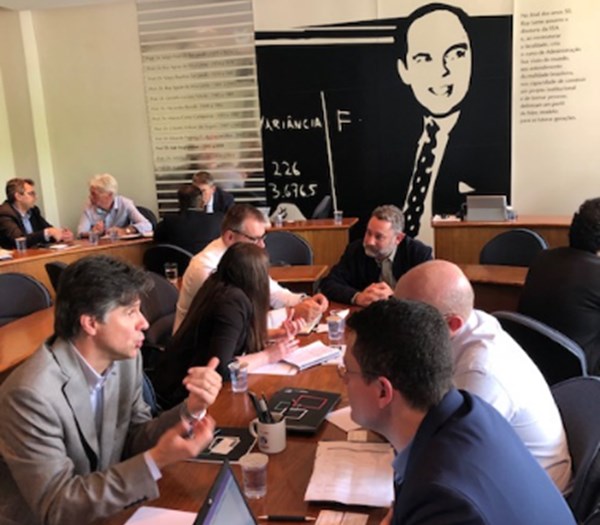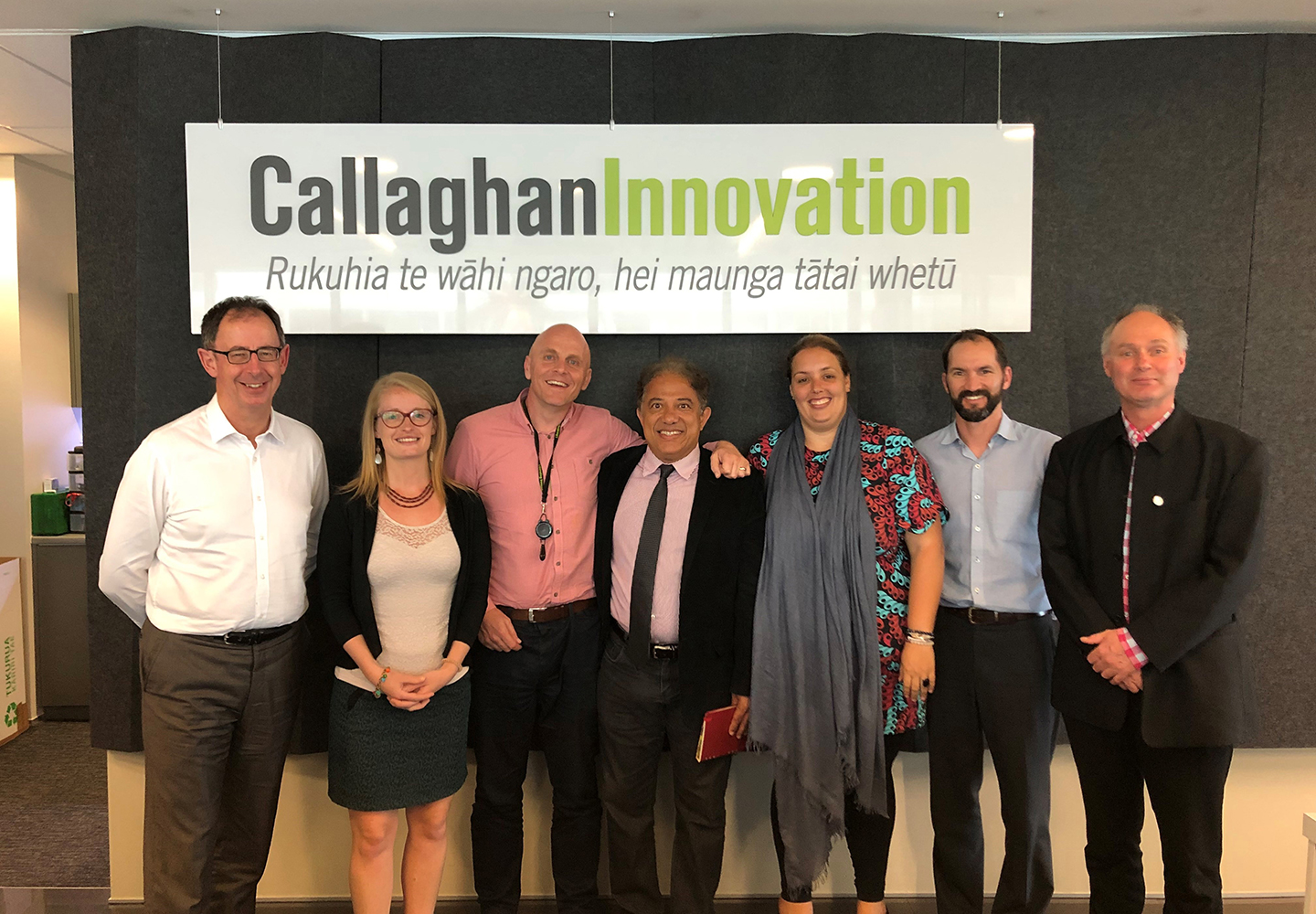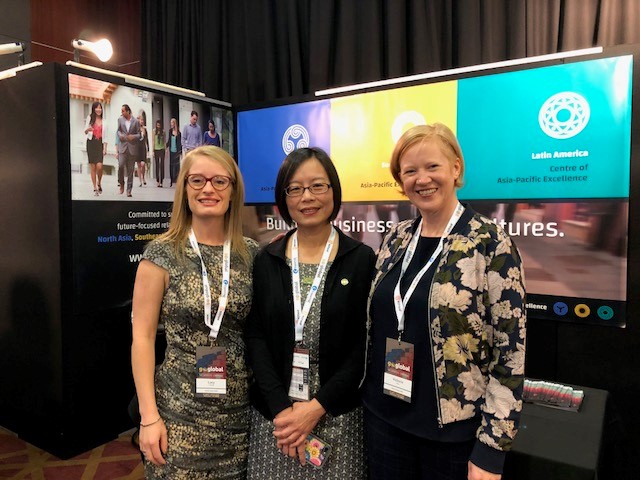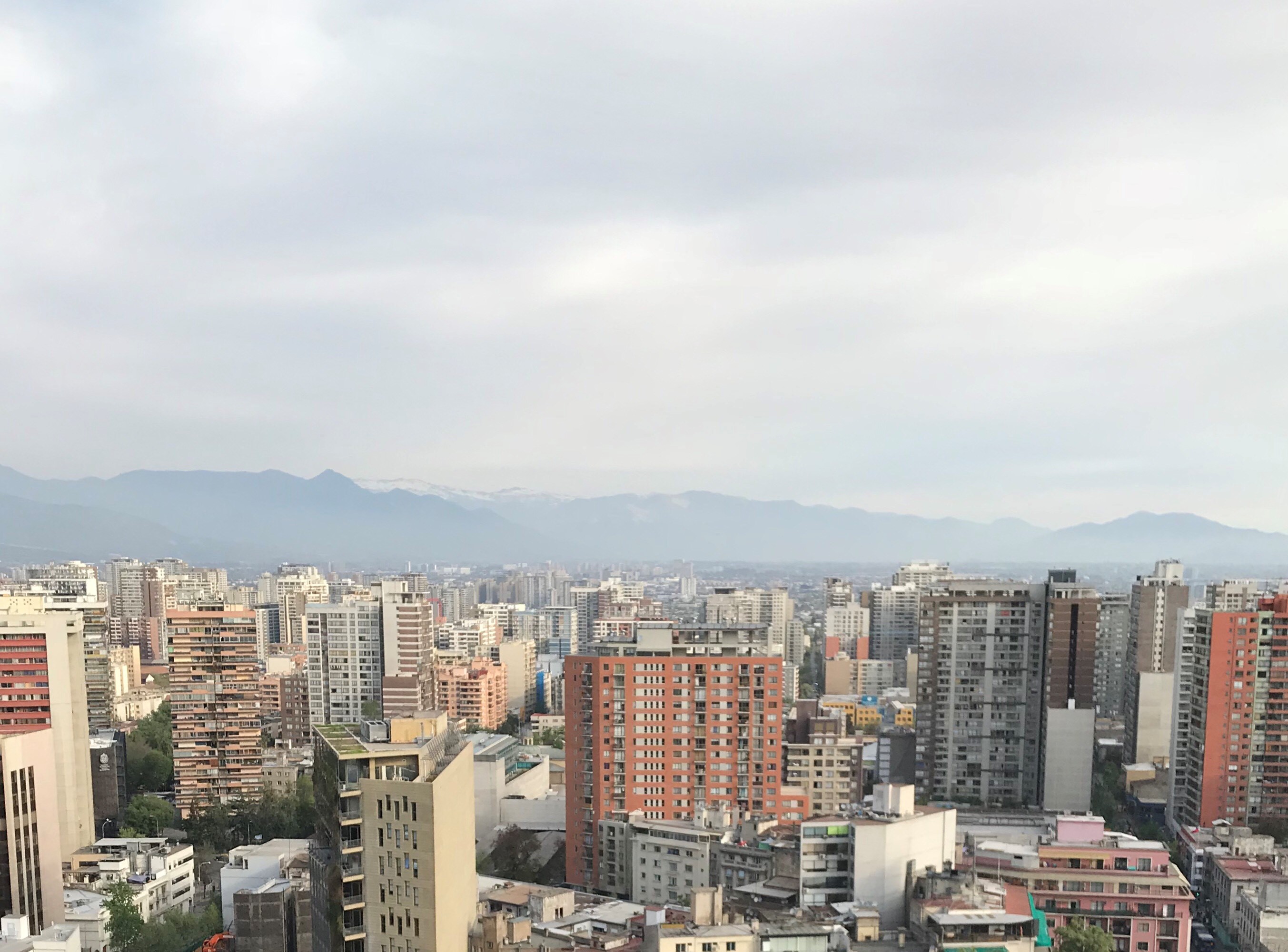Last month we partnered with Education New Zealand to send a group of academics from New Zealand universities to scope possible research commercialisation opportunities with Colombian and Brazilian universities, private sector businesses and NGOs.
The delegation visited Universidad Los Andes (Bogotá), the Colombia Challenge Your Knowledge network and scholarship agencies in Colombia, Universidade Federal de Minas Gerais (Belo Horizonte) and Universidade de São Paulo (USP) in Brazil.
Colombia provided some great learning for the group given the changes occurring there. New Zealand opened its newest diplomatic post, in Bogotá, Colombia, in February 2018. Colombia’s economic growth and international profile have increased impressively in a short period and it is set to become South America’s second largest economy (and the third largest in Latin America) by 2020.
While Colombia is at an early stage in terms of research commercialisation, there is great anticipation in terms of growing links between Colombian and New Zealand universities. There is also a significant increase in the numbers of New Zealand students in Colombia on Prime Minister’s Scholarships for Latin America and on our Latin America CAPE-funded programmes focusing on internships in cultural industries and entrepreneurship in Colombia.

In Brazil enhanced academic cooperation and research commercialisation offer great opportunities to New Zealand universities and business. Brazilian universities are in a strong period of internationalisation with many Brazilian academics looking to upgrade from Masters to Doctorates abroad.
The Brazilian company Fine Instrument Technology (FIT) was featured at a research commercialisation workshop at the University of São Paulo’s Faculty of Economics, Business Administration and Accountancy. FIT makes and develops equipment and solutions using Nuclear Magnetic Resonance (NMR) and has worked in partnership with Viclink (Victoria University of Wellington’s commercialisation office) and the VUW Robinson Research Institute to develop a low-field NMR that takes a few seconds to perform chemical and physical analyses of fruit, grains, olive oil, milk and meat, among other products.
The visit to Brazil has certainly lead to more awareness of the Brazilian tertiary education funding system at national and regional levels for international initiatives.
The visit has also lead to an invite to one of our delegation - Prof Guy Littlefair, Dean and Pro-Vice-Chancellor, AUT Faculty of Design & Creative Technologies – to give a keynote address at the Open Innovation (Oí) Week BizSci conference at FEA USP in February 2019. Click here further details about this exciting USP initiative.


